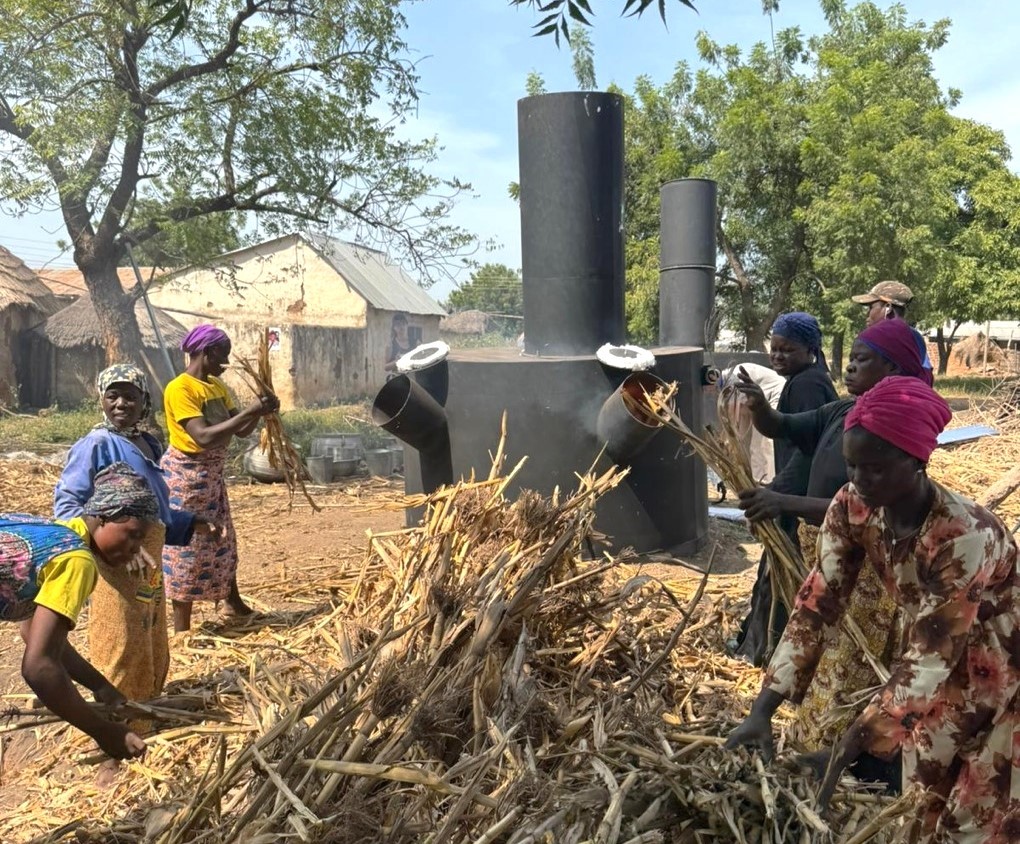Agriculture and forestry produce large quantities of plant waste that is not utilised, even though it is extremely valuable for climate action. It can be used to produce CO₂-neutral electricity and kerosene. When converted into biochar, the residues even bind carbon dioxide permanently in the soil.
But how much residual biomass is actually available in countries in the Global South? And how much of it is environmentally and socially compatible? atmosfair teamed up with the ifeu Institute to estimate the potential of residual biomass in the most comprehensive study on the subject to date. We will present the results in a webinar and discuss them with experts:
Agricultural residues, wood waste, sewage sludge – residual biomass as an opportunity for climate action in countries of the Global South
10th December, 10.00 to 11.30 am
online, in German language with English subtitles
Presentation of the study:
- Wolfdietrich Peiker (atmosfair, manager press and public relations)
- Dietrich Brockhagen (atmosfair, CEO)
Panel discussion:
- Margolda Bosu (Sustainology, Ghana, operations associate)
- Horst Fehrenbach (ifeu – Institute for Energy and Environmental Research, scientific director)
- Torsten Schwab (International Power-to-X Hub, GIZ, director technology)
- Isidore Yama (Fayam Limited, Malawi, CEO)
Moderation: Matthias Rumpf (atmosfair)
You can register for the event here.



 Share
Share Tweet
Tweet